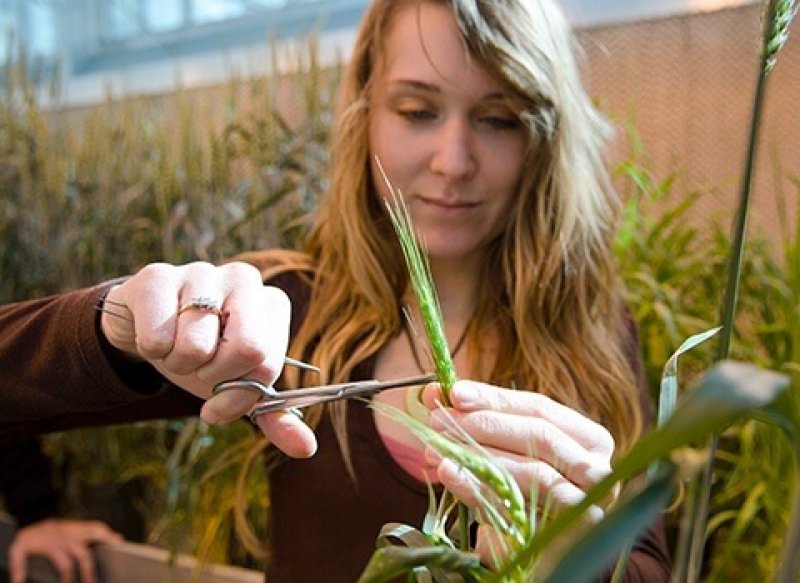Plant breeders are in short supply as the human population heads to an estimated nine billion in 2050 and they face one of the most pressing issues of our time – feeding the world.
“[T]here is a shortage of breeders both domestically and overseas, which means you will be in hot demand,” [said AgResearch Forage Genetics team senior scientist Dr Zulfi Jahufer.]
He said breakthroughs made in forage crops could also be applied to other related industries such as flowers and apples and there was an opportunity for more collaboration.
…
[Massey University’s Plant Breeding course] co-ordinator Dr Jennifer Tate said plant breeding used to be based on physical observation which was a long and costly process:“In the past, plant breeders had to rely on their observations by sight to determine which plants might yield the best variety. Now, with marker-assisted breeding, we can identify natural diversity in traits of interest through DNA analysis. It is much faster and can sometimes cut out months or years worth of work to select a trait in a particular variety using molecular markers.”
The GLP aggregated and excerpted this blog/article to reflect the diversity of news, opinion, and analysis. Read full, original post: Shortage of plant breeders makes feeding growing world difficult































